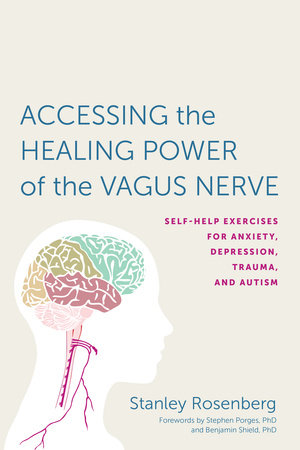TOPIC
Polyvagal Theory books
Below are the best books we could find on Polyvagal Theory.
Polyvagal theory is the suggestion that the vagus nerve—a part of the nervous system that connects the heart, lungs, and digestive tract—plays a strong role in emotion regulation, social connection, and anxiety. Proponents of polyvagal theory emphasize the importance of social relationship development in our understanding of the physical response to trauma and stress.











